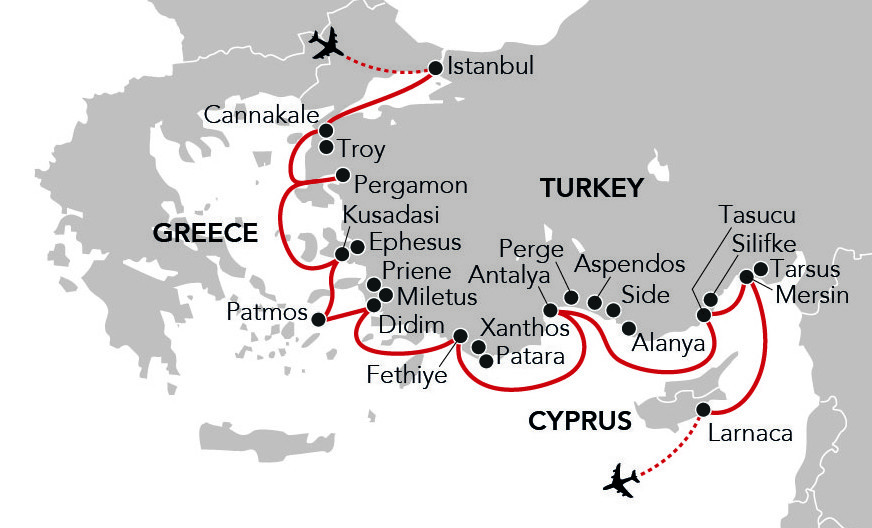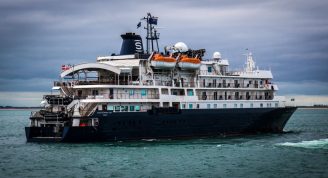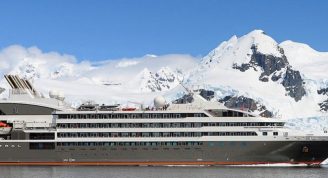Description
It is sometimes said that if it was not for St Paul there would have been no Christianity. It was through his missionary journeys, from about 44 AD to 60 AD that the Christian message was spread to the Gentile world. St Paul made three journeys from Antioch across the Eastern Mediterranean and Anatolia, now modern day Turkey, to Thrace and finally onto Rome. In the process he founded some of the earliest Christian churches.
St Paul was born in Tarsus, around 5 AD, a time when the Eastern Mediterranean was under Roman Rule. In 33 AD, on his way to Damascus in Syria he had a religious experience, or revelation, which he believed to be of the resurrected Christ. From this moment on he became a Christian and was later known as Paul rather than Saul, his Hebrew name. The life of St Paul and the early Church was set within the context of the Roman Empire, which in turn succeeded the ancient Greek Empire. During our visits to the ancient sites we will see evidence of Greek, Roman and also Byzantine history and culture. The Ottomans followed the Byzantines and ever since the region has been predominantly Muslim.
During this cruise and from the comfort of the MS Serenissima we will have an opportunity to follow in the footsteps of St Paul, visiting Patmos, Perge and his birthplace, Tarsus. We will also visit Ephesus, which at the time of St Paul was second only to Rome in size and importance. During St Paul’s three-year stay in Ephesus he frequently preached on the steps of the Library, and whilst in Ephesus he wrote four letters, or Epistles; to the Galatians, Corinthians, Philemon and Philippians. We also visit the island of Patmos where St John the Divine wrote the Book of Revelation to the Seven Churches of Asia, some of which we will be visiting.
Our journey takes us through an area steeped in history; a history of great empires, of conquest and of conflict and a history rich in cultural and religious diversity. It is an area that can lay claim to the foundation of the early Christian Church; a place where not only churches were built but where Christian doctrine was first formulated at the great Ecumenical Councils of Nicaea, Constantinople and Ephesus. While many of these early churches no longer exist, the sense of place remains and the legacy of St Paul lives on.
















